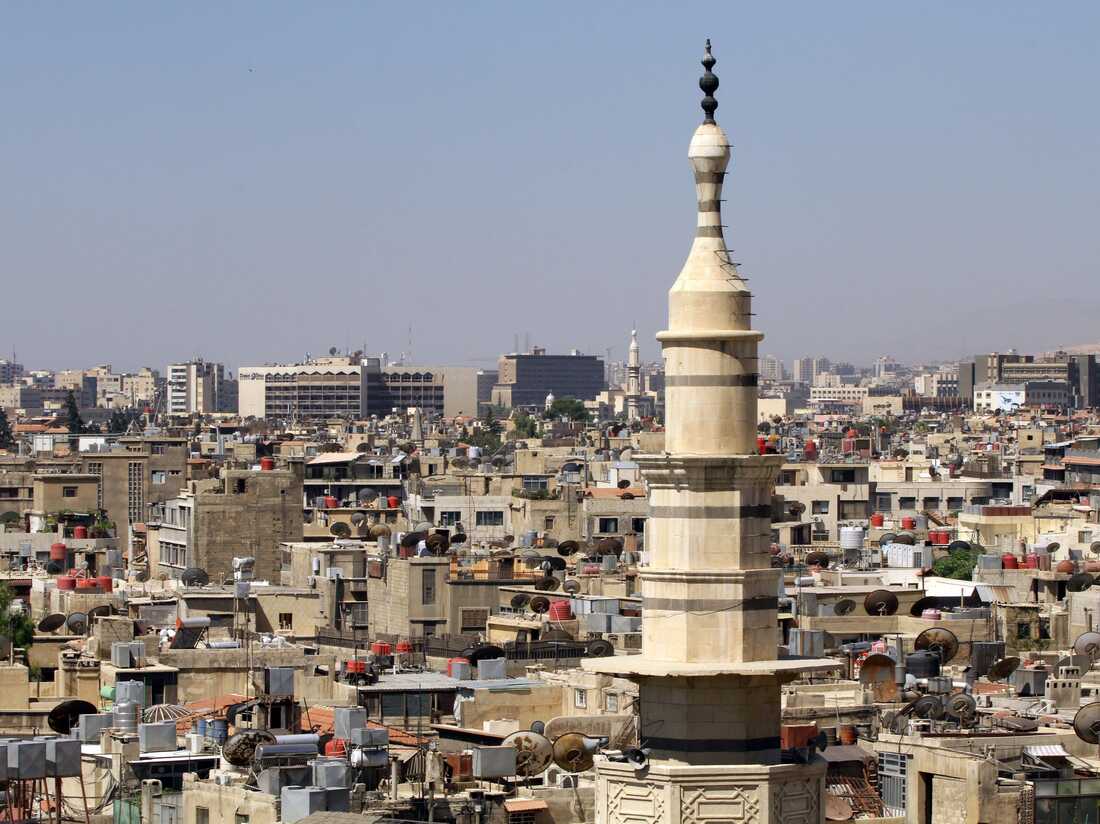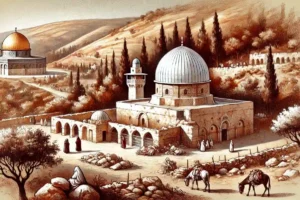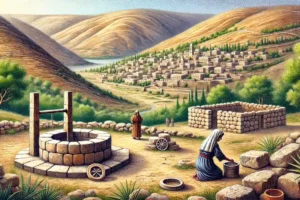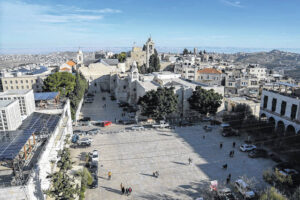
Damascus in Biblical Narrative: Crossroads of Conflict and Conversion
- Ancient City: Damascus is one of the oldest continuously inhabited cities in the world, with evidence of habitation dating back to at least 11,000 years ago.
- Capital of Syria: Damascus serves as the capital and the largest city of Syria, playing a central role in the administrative, economic, and cultural life of the country.
- Historical Significance: The city has a rich history, having been under the rule of various empires including the Arameans, Romans, Umayyads, and Ottomans.
- Religious Importance: Damascus holds significant religious importance in Islam, Christianity, and Judaism. It is home to the Umayyad Mosque, one of the largest and oldest mosques in the world.
- Biblical References: In Christianity, Damascus is notable for the conversion of Saul of Tarsus (who became Apostle Paul) on the road to Damascus, an event that significantly influenced Christian theology and history.
- Cultural Heritage: The city’s historical center, including the Umayyad Mosque, the Citadel of Damascus, and the ancient markets, is designated as a UNESCO World Heritage Site.
- Modern Challenges: In recent years, Damascus has faced significant challenges due to the Syrian Civil War, affecting its infrastructure, heritage sites, and the wellbeing of its inhabitants.
- Economic Hub: Historically, Damascus was a major trade center, famous for its craftsmanship in areas like sword-making and textiles, particularly damask fabric, named after the city.

Damascus holds a prominent place in biblical history, serving as a backdrop for significant events and symbolizing profound theological themes within the Judeo-Christian tradition. Here is a detailed analysis of its biblical references and significance:
Biblical References and Significance
- Old Testament References:
- Aramean Center: In the Old Testament, Damascus frequently appears as the capital of Aram (Syria), often in conflict with the Israelites. For example, King David defeated the Arameans and brought them under Israeli control (2 Samuel 8:5-6).
- Prophetic Warnings: Prophets like Isaiah and Jeremiah mention Damascus in the context of oracles against foreign nations, forecasting its destruction due to its idolatry and enmity against God’s people (Isaiah 17:1-3, Jeremiah 49:23-27).
- New Testament Importance:
- The Conversion of Saul: Perhaps the most famous New Testament reference to Damascus is in Acts 9, where Saul of Tarsus (later Apostle Paul) experiences a dramatic conversion to Christianity as he nears the city. This event is pivotal, as Saul, a former persecutor of Christians, becomes Paul, a major proponent of Christian teachings.
- Early Christian Community: Damascus also features as a center of early Christian activity. After his conversion, Paul escapes from Damascus when Jewish leaders plot to kill him, illustrating the city’s role as a place of both refuge and peril for early Christians (Acts 9:23-25).
Theological Themes
- Transformation and Revelation: The conversion of Paul on the road to Damascus is not just a physical journey but a profound spiritual and theological turning point. It underscores themes of transformation, revelation, and the unexpected ways God can act in human history.
- Judgment and Mercy: The Old Testament prophecies about Damascus, which speak of both judgment and the eventual restoration, reflect a dual theme of divine justice and mercy, a pattern seen in prophetic literature concerning other nations as well.
Historical and Archaeological Context
- Strategic Location: Historically, Damascus’s location made it a cultural and commercial hub, situated along major trade routes connecting Egypt, Arabia, and Asia Minor. This strategic position helps explain its frequent mention and significant role in biblical narratives.
- Cultural Interactions: The interactions between Damascus, Israel, and surrounding nations highlighted in the Bible reflect broader regional dynamics of conflict, trade, and cultural exchange, which were common in the ancient Near East.
Conclusion
In biblical terms, Damascus is depicted as a city of great antiquity, serving as both a foe and a fulcrum of God’s plan for His people. Its mention in both the Old and New Testaments highlights its enduring significance in the region’s geopolitical and spiritual landscapes. For Christians, Damascus symbolizes a place of profound transformation—a theme that resonates with the core message of redemption and renewal in Christian theology.



